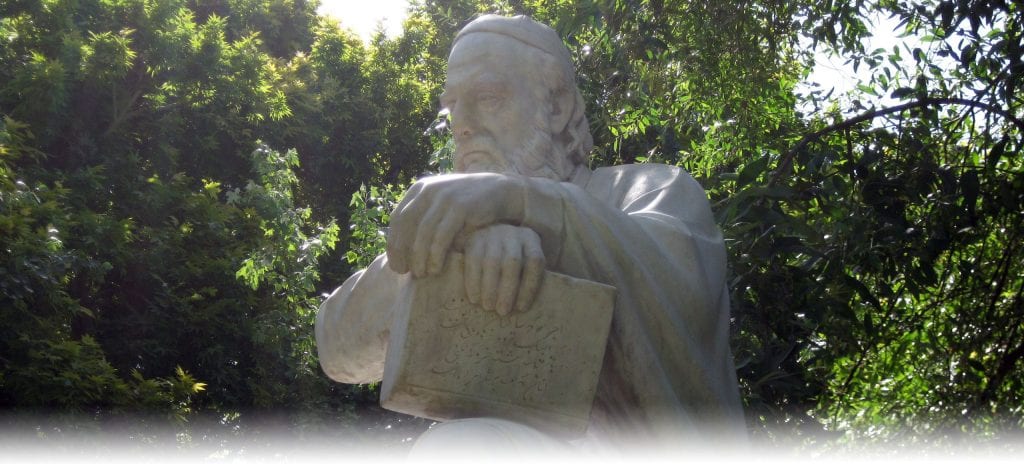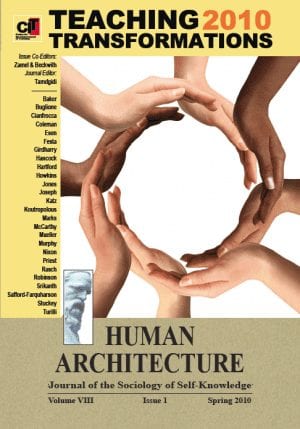Journal Article — Toward a Non-Eurocentric Social Psychology: The Contribution of the Yogacara — by James William Coleman
$15.00
The social psychological paradigm created by Western social science has virtually ignored the worlds’ other most highly developed system of psychological theorizing. This paper argues that an understanding of Buddhist psychology and especially its most sophisticated school, the Yogacara, can provide the basis for an independent confirmation of Western social psychology’s fundamental insights, a means to reduce its Eurocentric bias, and a way to expand its theoretical breath within a more thoroughly integrated framework.
Description
Abstract
The social psychological paradigm created by Western social science has virtually ignored the worlds’ other most highly developed system of psychological theorizing. This paper argues that an understanding of Buddhist psychology and especially its most sophisticated school, the Yogacara, can provide the basis for an independent confirmation of Western social psychology’s fundamental insights, a means to reduce its Eurocentric bias, and a way to expand its theoretical breath within a more thoroughly integrated framework. Toward this end, a comparative analysis of Yogacara psychology is presented which highlights the similarities and differences with the interactionist tradition—two schools of thought that developed in radically different cultural milieus in almost complete isolation from each other. It is argued that Western social psychology must move toward a new paradigm that draws both Western and non-Western perspectives into a single integrated framework, and some preliminary steps toward that goal are outlined.
Recommended Citation
Coleman, James William. 2010. “Toward a Non-Eurocentric Social Psychology: The Contribution of the Yogacara.” Pp. 93-113 in Teaching Transformations 2010 (Human Architecture: Journal of the Sociology of Self-Knowledge: Volume VIII, Issue 1, 2010.) Belmont, MA: Okcir Press (an imprint of Ahead Publishing House).
The various editions of this issue of Teaching Transformations 2010 can be ordered from the Okcir Store and are also available for ordering from all major online bookstores worldwide (such as Amazon, Barnes&Noble, and others).
Read the Above Publication Online
You can read the above publication free-access online, by clicking the PDF icon below.











